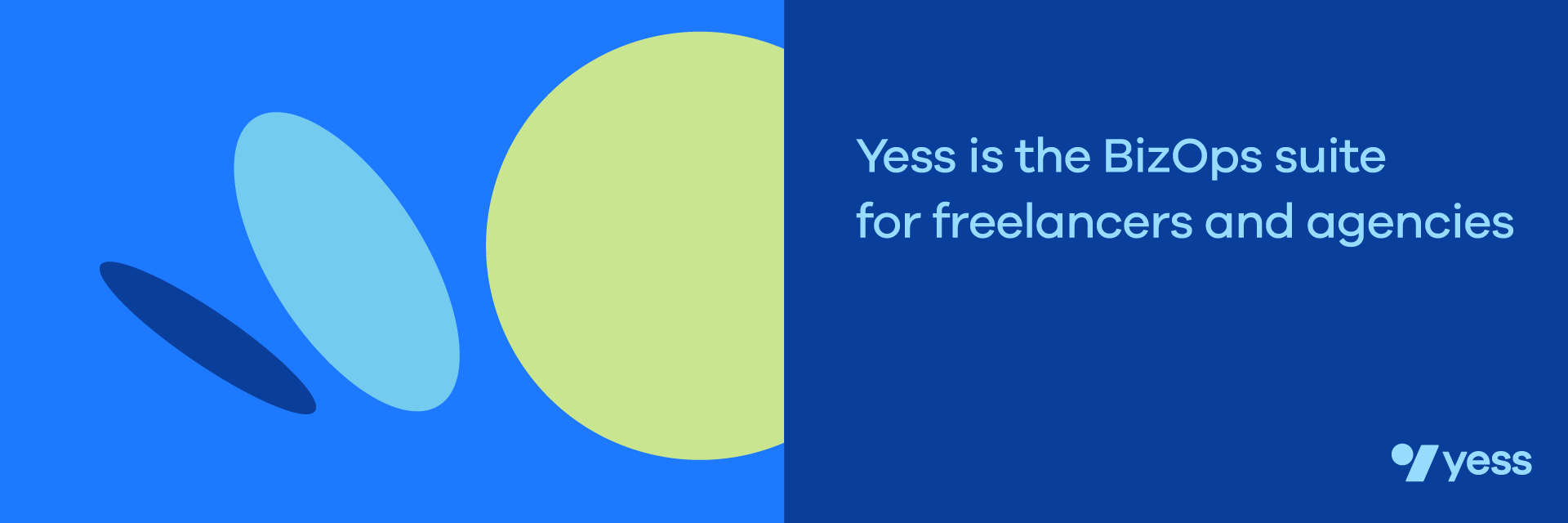Introduction
Navigating the financial maze of agency management? Operating Cash Flow (OCF) could be your guiding star. This comprehensive guide delves into the multifaceted implications of OCF for agencies, highlighting its significance in strategic planning, resource allocation, and operational excellence. We will explore how OCF metrics can be a game-changer in achieving financial goals and ensuring robust cash flow management.
The Importance of Evaluating Agency Performance Through OCF
A Deep Dive into Operational and Financial Metrics
Ever wondered how to measure your agency's true financial prowess? Operating Cash Flow (OCF) is your answer. As agencies strive to maintain business continuity and achieve long-term success, understanding the nuances of OCF becomes increasingly crucial. As agencies strive to maintain business continuity and achieve long-term success, understanding the nuances of OCF becomes increasingly crucial. This metric provides a comprehensive and nuanced understanding of the agency's financial stability, revealing whether the operational costs are well-balanced across different markets and geographies. For agencies operating in multiple countries or regions, OCF allows for a multi-dimensional evaluation, shedding light on how various markets contribute to the agency's overall financial stability and operational efficiency.
In today's competitive landscape, a robust OCF can serve as a compelling selling point when seeking investors, and partners, or even when negotiating contracts with clients. It demonstrates the agency's ability to generate consistent revenue from its core activities, which is a key indicator of its long-term viability. Moreover, OCF metrics can be used to benchmark the agency's performance against industry standards or competitors, providing actionable insights for strategic planning and resource allocation. By closely monitoring OCF, agencies can set realistic financial goals, make informed decisions, and implement effective cash flow management strategies. This, in turn, enhances their ability to adapt to market changes, meet financial obligations, and seize new business opportunities, thereby ensuring business continuity and long-term sustainability.
OCF as a Benchmark for Financial Health
Benchmarking is more than a buzzword when it comes to OCF. Understanding OCF transcends mere number-crunching; it's about interpreting those numbers to make informed, strategic decisions that impact an agency's financial health and business continuity. Agencies can leverage OCF as a benchmark to measure their performance against industry standards, competitors, or even their historical data. This comparative analysis serves as a powerful tool for identifying areas of strength and weakness, thereby providing actionable insights for strategic planning and resource allocation.
For example, a consistently high OCF could be an indicator of effective cost management and operational efficiency, signaling that the agency is well-positioned for long-term success and sustainability. On the other hand, a declining OCF might raise red flags, necessitating immediate attention and corrective action. It could point to issues like inefficient resource allocation, rising operational costs, or declining revenue streams, all of which could jeopardize the agency's financial stability. Therefore, monitoring OCF metrics can offer a real-time snapshot of the agency's financial health, enabling quick interventions and adjustments. This proactive approach to cash flow management can help agencies avoid financial pitfalls, meet their financial obligations, and maintain business continuity, even in a volatile market.
The Role of OCF in Strategic Planning
Strategic planning without OCF is like sailing without a compass. By closely monitoring OCF metrics, agencies can set realistic financial goals that align with their long-term vision and mission. By closely monitoring OCF metrics, agencies can set realistic financial goals that align with their long-term vision and mission. This data-driven approach allows for more efficient resource allocation, ensuring that agencies are investing in areas that yield the highest returns.
Furthermore, OCF serves as a valuable tool for risk assessment and management. It enables agencies to identify potential cash flow disruptions early on and make contingency plans to mitigate their impact. This could involve diversifying revenue streams, renegotiating contracts, or optimizing operational costs. In essence, OCF acts as a financial compass, guiding agencies in their strategic endeavors and decision-making processes. By integrating OCF into their strategic planning, agencies can enhance their operational efficiency, financial stability, and business continuity, thereby positioning themselves for long-term success and sustainability in a competitive market.
Ensuring Business Continuity with Robust Cash Flow Management
The Lifeline of Business Operations
Cash flow issues keeping you up at night? You're not alone. Managing cash flow isn't just a financial task; it's the backbone of any business operation, and for agencies, it's particularly crucial for maintaining business continuity and financial health. An agency that fails to maintain adequate cash flow not only risks stalling its operations but also faces the grim possibility of defaulting on its financial commitments, such as payroll, vendor payments, and loan installments. In extreme cases, persistent cash flow issues can even lead to the unfortunate dissolution of the agency.
Therefore, keeping a vigilant eye on Operating Cash Flow (OCF) metrics is not just advisable but crucial for ensuring that the agency can sustain its current operations and has the financial capacity for future growth and expansion. Agencies should consider implementing advanced analytics tools to monitor their cash flow and make data-driven decisions. This proactive approach to cash flow management can help agencies anticipate financial challenges and take timely corrective actions, such as renegotiating contracts or optimizing operational costs. By doing so, agencies can ensure their long-term sustainability and resilience, even in a volatile and competitive market.
Cash Flow Forecasting and Financial Statements
Is your agency prepared for a financial storm? Implementing cash flow forecasting tools and regularly reviewing financial statements are not just best practices but essential steps for effective cash flow management. These proactive measures serve as an early warning system, enabling agencies to identify potential cash flow issues before they escalate into critical problems that could jeopardize business continuity and financial stability.
By utilizing advanced analytics tools, agencies can generate accurate cash flow forecasts that take into account various factors such as seasonal trends, client payment behaviors, and upcoming financial obligations. This comprehensive view allows agencies to anticipate cash flow challenges and take timely corrective actions, such as adjusting their billing cycles or renegotiating payment terms with clients and vendors. In doing so, agencies can optimize their cash flow, meet their financial commitments, and maintain a healthy Operating Cash Flow (OCF), thereby ensuring their long-term viability in a competitive market.
The Interplay Between OCF and Business Continuity Plans
When disaster strikes, will your agency stay afloat? Business continuity planning is not an isolated exercise; it's an integral part of an agency's overall strategy, and Operating Cash Flow (OCF) plays a significant role in shaping these plans. A well-thought-out business continuity plan should not only focus on immediate crisis management but also include long-term strategies for maintaining positive cash flow during unforeseen disruptions, such as economic downturns, natural disasters, or even global pandemics.
By integrating OCF metrics into their business continuity plans, agencies can create a more resilient and adaptable operational framework. This enables them to quickly assess the financial impact of disruptions and implement contingency measures to mitigate risks. For example, agencies could establish emergency funds or secure lines of credit to ensure liquidity during challenging times. This proactive approach enhances the agency's resilience, adaptability, and long-term sustainability, even in the face of volatile market conditions or unexpected challenges.
Yess Forecasting: Your Crystal Ball for Future Cash Flow

Yess Forecasting offers a groundbreaking feature that allows users to simulate future cash flow scenarios. This enables agencies to prepare for potential obstacles and make better operational decisions. By incorporating Yess Forecasting into their financial planning, agencies can gain a competitive edge, ensuring they are well-equipped to navigate the complexities of cash flow management.

Conclusion
Think Operating Cash Flow is just a number on a spreadsheet? Think again. Understanding and effectively managing OCF transcends mere financial exercises; it's a strategic imperative for agencies aiming for long-term success and sustainability. OCF serves as a reliable indicator of an agency's financial health, operational efficiency, and business continuity. It's a critical component that influences various aspects of agency management, from strategic planning and resource allocation to risk assessment and crisis management.




